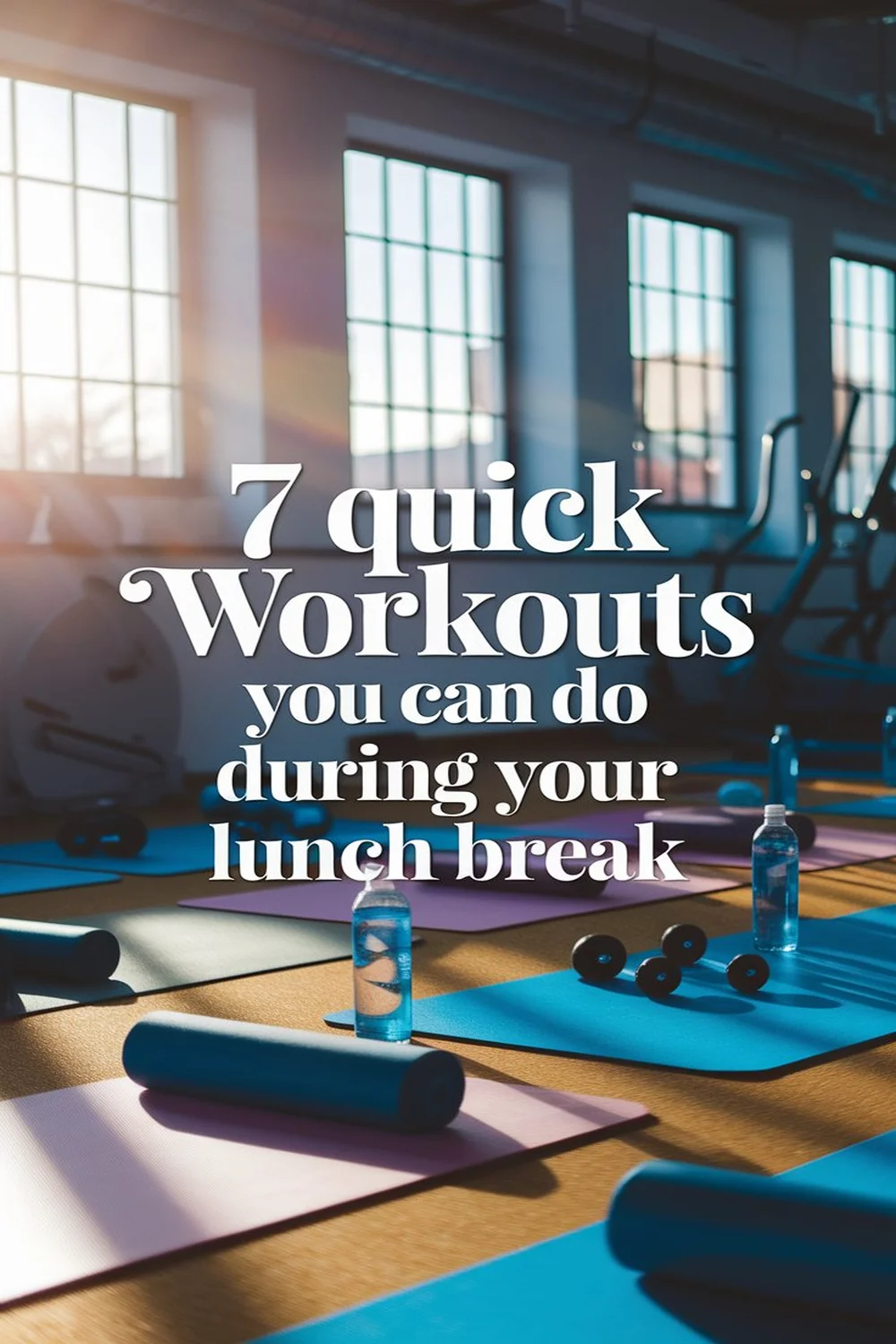To stop emotional eating, start by identifying your triggers, like stress or loneliness. Practice mindful eating by savoring each bite and eliminating distractions. Keeping a food diary can help track emotions linked to your eating patterns. Find alternative coping strategies, such as physical activity or mindfulness meditation. Stay hydrated and establish a routine. Don’t hesitate to seek professional support for personalized guidance. Remember, it’s okay to indulge occasionally. Discover more effective strategies to regain control over your relationship with food.
Identify Your Triggers
Identifying your triggers is the first step toward overcoming emotional eating. Recognizing when and why you turn to food can empower you to make healthier choices. Pay attention to your feelings before you reach for a snack; do you eat when stressed, bored, or lonely? Journaling your emotions and eating patterns can reveal patterns you might overlook. Once you identify these triggers, you’ll start to understand the emotional connections attached to food. Remember, this process isn’t about judgment but self-discovery. Accessible resources, like cognitive behavioral therapy, can provide you with strategies to address these triggers effectively. Being aware of your emotional landscape is essential in breaking the cycle, allowing you to replace emotional eating with healthier coping mechanisms.
Practice Mindful Eating
Mindful eating can transform your relationship with food by encouraging awareness and presence during meals. By focusing on your eating experience, you’re less likely to engage in emotional eating. Begin by slowing down; take the time to savor each bite, noticing flavors and textures. Put away distractions like phones and television to foster a more engaged dining experience. Pay attention to hunger and fullness cues, helping you recognize when you’re truly satisfied. Research shows that mindful eating can reduce cravings and lead to healthier food choices. By cultivating this practice, you’re not just feeding your body; you’re nurturing your mind and emotions, fostering a balanced approach to eating that prioritizes well-being over emotional responses.
Keep a Food Diary
Keeping a food diary can be a powerful tool in your journey to combat emotional eating. By tracking what you eat, when you eat, and how you feel, you gain valuable insights into your patterns. This process not only promotes awareness but can highlight triggers that lead to emotional eating. Here are some benefits of maintaining a food diary:
- Identifying patterns: Notice specific situations or emotions tied to your eating habits.
- Enhancing mindfulness: Encourage you to be more intentional about food choices.
- Tracking emotional triggers: Help you recognize the feelings that prompt your cravings.
- Setting achievable goals: Allow you to define and monitor your progress towards healthier eating habits.
Commit to this practice, and you’ll likely find it empowering.
Find Alternative Coping Strategies
Finding alternative coping strategies is essential for breaking the cycle of emotional eating. Instead of reaching for food, consider engaging in activities that promote emotional well-being. Techniques like mindfulness meditation can help you regain control over your cravings by centering your thoughts and emotions. Journaling allows you to process feelings, providing a constructive outlet for stress. If you feel overwhelmed, physical activity—like a brisk walk or yoga—can release endorphins, improving your mood. Additionally, connecting with friends or family can offer emotional support and distraction. It’s important to identify what works for you because everyone responds differently. By replacing eating with healthier coping methods, you’ll not only combat emotional eating but also foster a more balanced relationship with food.
Recommended Items
Explore our handpicked health and wellness essentials to support your journey towards mindful eating!
Products
Stay Hydrated
Many people underestimate the role hydration plays in emotional well-being and appetite control. When you’re dehydrated, your brain might misinterpret thirst for hunger, leading you to eat when a glass of water could suffice. Staying hydrated can enhance mood, improve cognitive function, and help you better manage stress. Here are some tips to keep you on track:
- Carry a reusable water bottle to remind yourself to sip throughout the day.
- Set hourly reminders to drink a glass of water.
- Flavor your water with fruits or herbs for variety.
- Be mindful of how your body feels; check if you’re actually thirsty before reaching for snacks.
Action Steps to Stop Emotional Eating
Establish a Routine
Emotional eating often flourishes in the absence of structure and predictability in your day. By establishing a routine, you can create a sense of control and stability, reducing the likelihood of turning to food for comfort. A consistent schedule can help you identify times of emotional cravings, allowing you to address them constructively.
| Time of Day | Healthy Alternatives |
|---|---|
| Morning | Go for a walk |
| Midday | Practice deep breathing |
| Afternoon | Enjoy a cup of herbal tea |
| Evening | Read a book or journal |
| Late Night | Meditate or listen to music |
Incorporating these healthy habits into your daily life can combat emotional eating and foster a more positive relationship with food.
Seek Professional Support
When you struggle with emotional eating, seeking professional support can be an essential step toward understanding and managing your relationship with food. Professionals like dietitians and therapists can provide valuable insights, helping you uncover underlying triggers and develop healthier coping strategies.
Consider these benefits of professional support:
- Personalized guidance tailored to your unique habits and emotions.
- Cognitive-behavioral techniques that address thought patterns linked to emotional eating.
- Accountability from someone who understands your journey.
- Access to resources and programs specifically designed for emotional eaters.
Don’t underestimate the power of a supportive professional. They can help you rebuild your relationship with food, empowering you to take control of your emotions and eating habits.
Allow Yourself to Indulge Occasionally
Allowing yourself to indulge occasionally can play an essential role in breaking the cycle of emotional eating. When you permit yourself small treats, you reduce feelings of deprivation, which can lead to binge eating. Research shows that strict diets often backfire, causing a stronger desire for forbidden foods. By embracing moderation, you cultivate a healthier relationship with food. Choose moments to savor a favorite dessert or snack without guilt; this helps normalize indulgence. Remember, it’s about balance, not restriction. Focus on mindful eating during these moments—appreciate the flavors and textures. This approach not only satisfies cravings but also empowers you to make healthier choices in between. By indulging occasionally, you can regain control over food and emotions.











